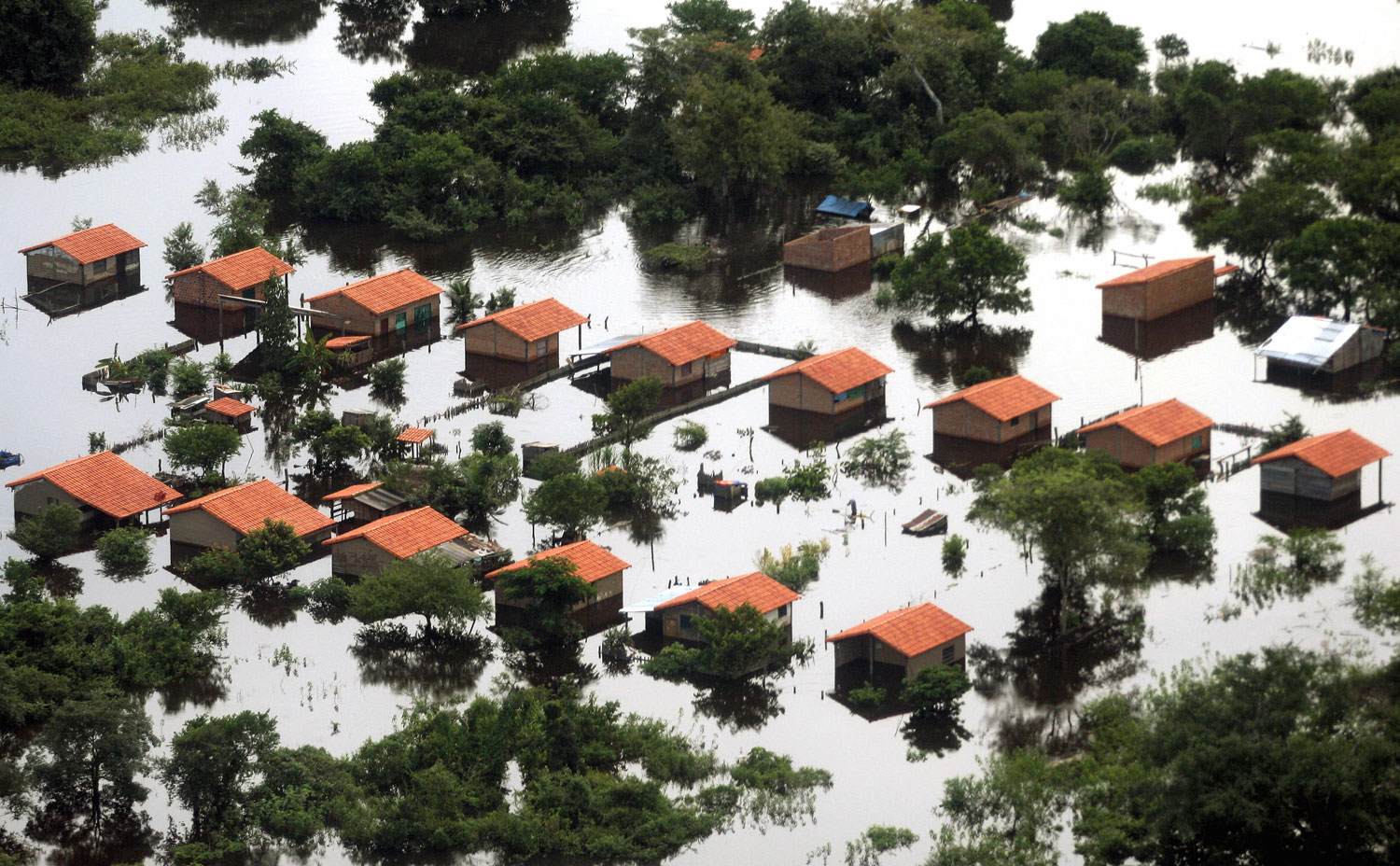
You may recall a time in the mid-1990s when American citizens were worried about El Niño, the tropical weather pattern that can cause global changes in temperature and rainfall. Now, according to a new Citigroup report, the next group to pin concerns to El Niño may be bankers.
The report, produced by Citi analysts Johanna Chua and Siddharth Mathur, suggests that the current El Niño (the weather anomaly takes places at unpredictable times, sometimes more than five years apart) could have a deleterious effect on economies in countries in and around Asia.
India, Thailand, The Philippines, and others, where agriculture contributes a major percentage of GDP, might see inflation in food prices, since a severe El Niño can brings dry spells and cause crop damage. In Indonesia, for example, the agriculture sector makes up more than 50% of overall employment.
In economies dependent on farming, long-lasting weather that upends crops will naturally impact farming output, and thus commodity pricing.
With these countries especially vulnerable to economic disruption, it may be more bad news that recent reports indicate we are about to see a particularly violent El Niño.
More Must-Reads from TIME
- Nicola Coughlan Bet on Herself—And Won
- What Kind of President Would Kamala Harris Be?
- Is Adrenal Fatigue Real?
- Why It's So Hard to Quit Vaping
- Our Guide to Voting in the 2024 Election
- The 10 Races That Will Determine Control of the Senate
- Column: How My Shame Became My Strength
- Meet TIME's Newest Class of Next Generation Leaders
Contact us at letters@time.com